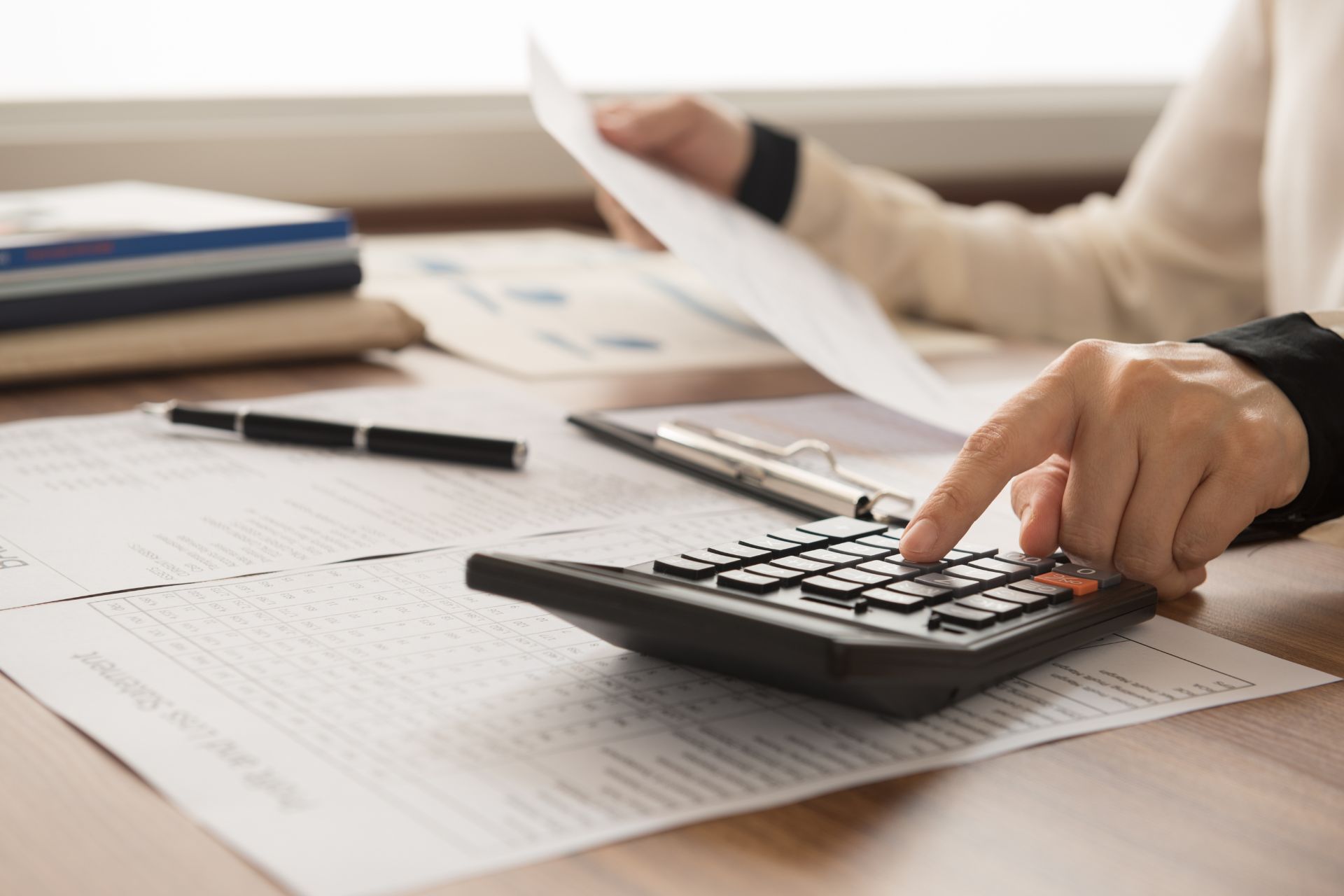Business assets play a pivotal role in shaping the financial health and success of your organization. From tangible properties like real estate and equipment to intangible assets such as trademarks and patents, tracking and managing your assets is essential for your business’s growth and development. In this blog, Gift CPAs explores what business assets are, why they matter, and the value they offer.
What are Business Assets?
According to QuickBooks, “a business asset is defined as anything of value or a resource of value that has the potential to be transformed into cash. It may create money for a business, or the business may benefit from holding or utilizing the item, depending on the circumstances.”
Business assets can be categorized into two main categories: tangible and intangible.
- Tangible Assets: A tangible asset is a physical item with a definite monetary value. This category includes items such as real estate, cash, furniture, office supplies and vehicles. Tangible assets are crucial for day-to-day operations and help contribute towards a business’s production of goods and services.
- Intangible Assets: Intangible assets lack a physical presence but are equally vital to a business’s success. This category includes trademarks, copyrights, patents, goodwill, and intellectual properties. Intangible assets offer benefits including establishing a distinct and recognizable identity, promoting customer satisfaction, improving employee motivation, and enhancing a business’s brand and reputation.
Why Do Business Assets Matter?
Effectively tracking and managing your business assets is important for several reasons:
- Reporting and Compliance: Tracking and managing your business assets helps ensure that you are following industry laws, regulations, and policies. Additionally, accurate reporting of your business assets provides a transparent view to your stakeholders.
- Operational Efficiency: Tangible business assets such as equipment and machinery help daily operations run smoothly for your business. Without these assets, your business’s production processes can slow down, affecting overall profitability and efficiency.
- Financial Health: Business assets impact overall net worth. Investors and stakeholders use this information to determine your business’s stability and financial future.
- Decision-Making: Business owners can utilize their assets to stand out against competitors. For instance, a unique trademark helps consumers easily identify and remember your product or service.
Understanding the Concept of Depreciation
According to QuickBooks, “depreciation is the gradual decrease in the value of a company’s assets. There are a handful of ways that depreciation plays a role in the financial planning of a business, including properly assessing asset values for accurate (and potentially lower) company taxes.” The deprecation process guides businesses to accurately reflect the value of their assets on financial statements.
Types of Deprecation
- Straight-Line Depreciation: Allocates the same amount of depreciation expense each year.
- Units of Production Depreciation: Based on the actual usage of the asset; more specifically, usage of machinery or equipment.
- Double-Declining Balance Depreciation: Front-loads deprecation, allocating a higher amount in the earlier years.
The Importance of Depreciation
- Tax Implications: Depreciation can be deducted from taxable income, which provides financial advantages and reduces financial burdens on your business.
- Financial Reporting: Depreciation paints a more accurate picture of your business’s financial health. You can determine the true costs of your business assets and your usage of them over time.
- Replacement Planning: When you have a clear understanding of your depreciation, you can plan ahead and prevent disruptions to your daily operations.
How to Track and Manage Depreciation with QuickBooks
QuickBooks, an online accounting software, allows you to track your business’s depreciation. Here’s how you can set up an account:
- Set Up a Fixed Asset Account: Give the account a name that indicates which asset(s) you are tracking. For example, trucks, office furniture, computers, etc.
- Record Your Asset Details: Include purchase dates and useful life.
- Select Your Depreciation Method: QuickBooks allows you to choose a depreciation method for each of your business assets. This gives you accurate calculations.
- Automate Your Entries: Save time and reduce the risk of errors in your business asset entries.
- Update Your Information: Regularly update your business asset information in QuickBooks.
By leveraging the resources offered by Gift CPAs as well as QuickBooks, you can ensure that your business assets are not only contributing towards your present operations but also to your long-term goals. Business assets serve as a driver for growth. Taking a proactive approach to managing your business assets can help your business thrive in the market and unlock its full potential.
Get Connected Today!
Contact Gift CPAs for more information on our full scope of accounting and business
services. We have years of experience working with small businesses to help with
bookkeeping, taxes, and other business needs. Make an appointment to meet virtually or
at one of our five locations in Harrisburg, Mechanicsburg, Myerstown, Ephrata or
Lancaster!











